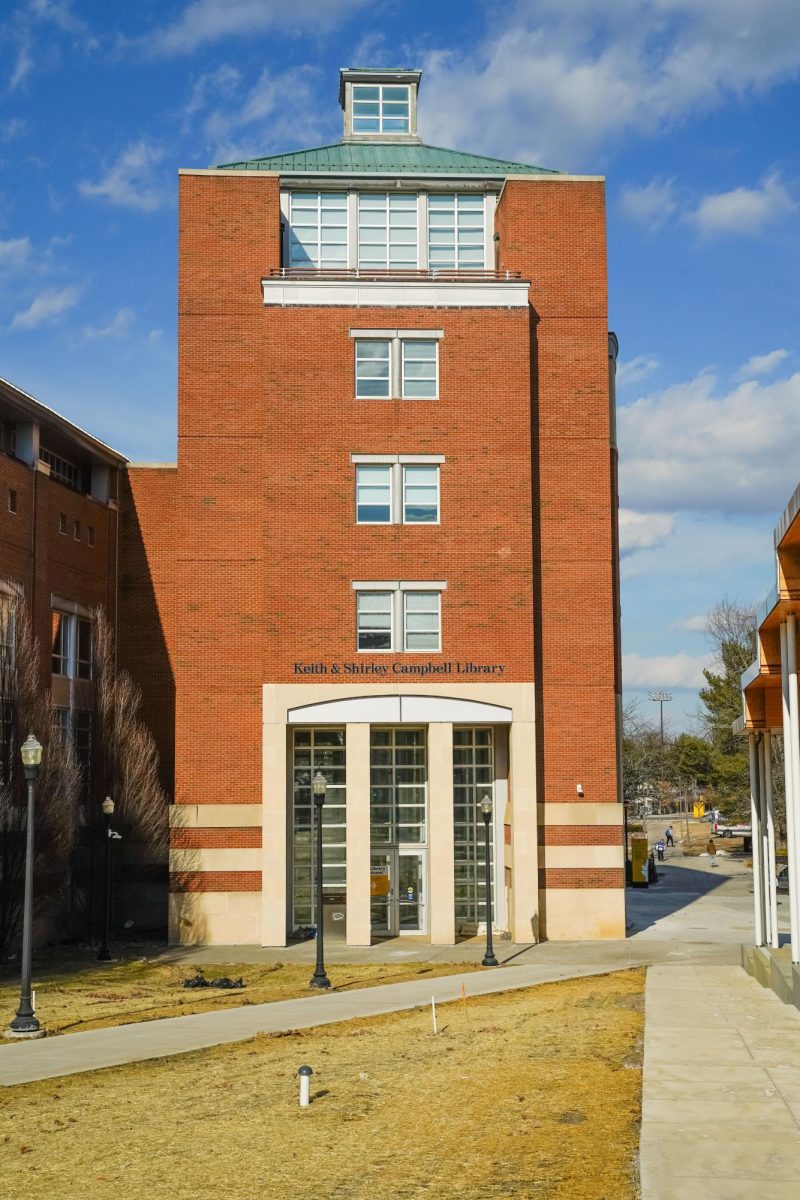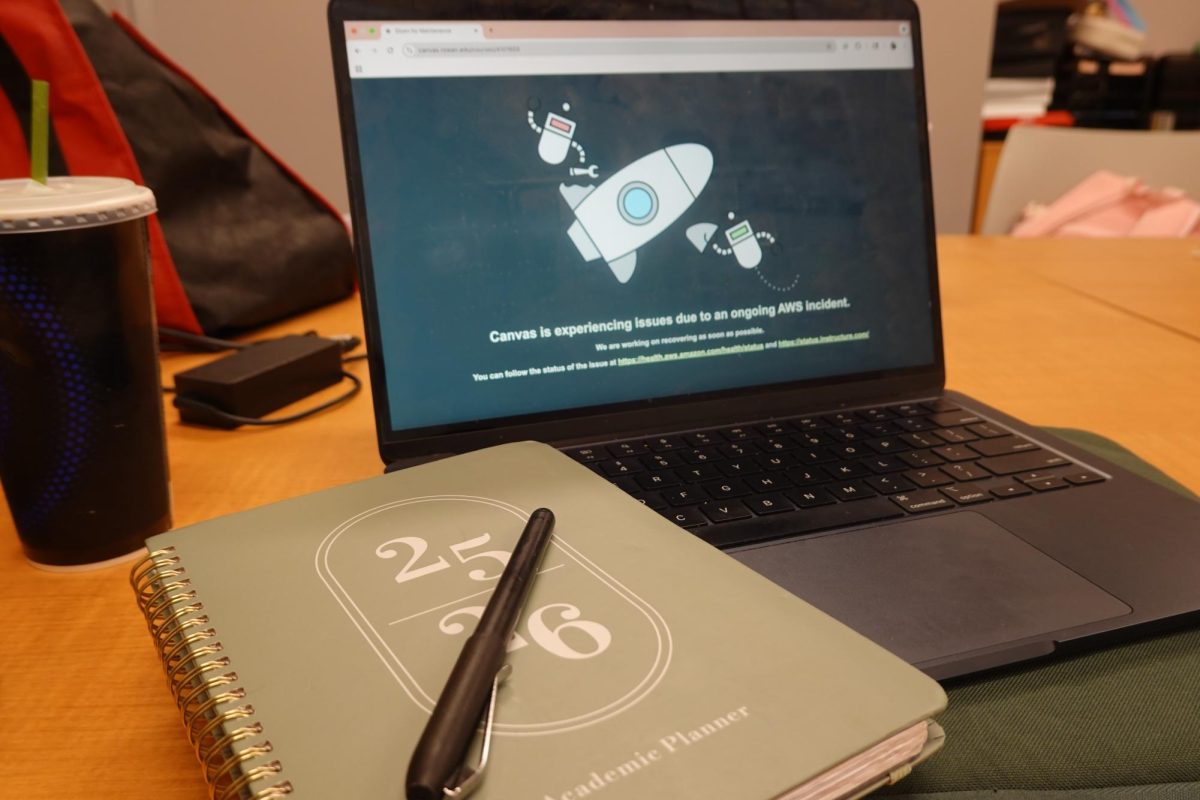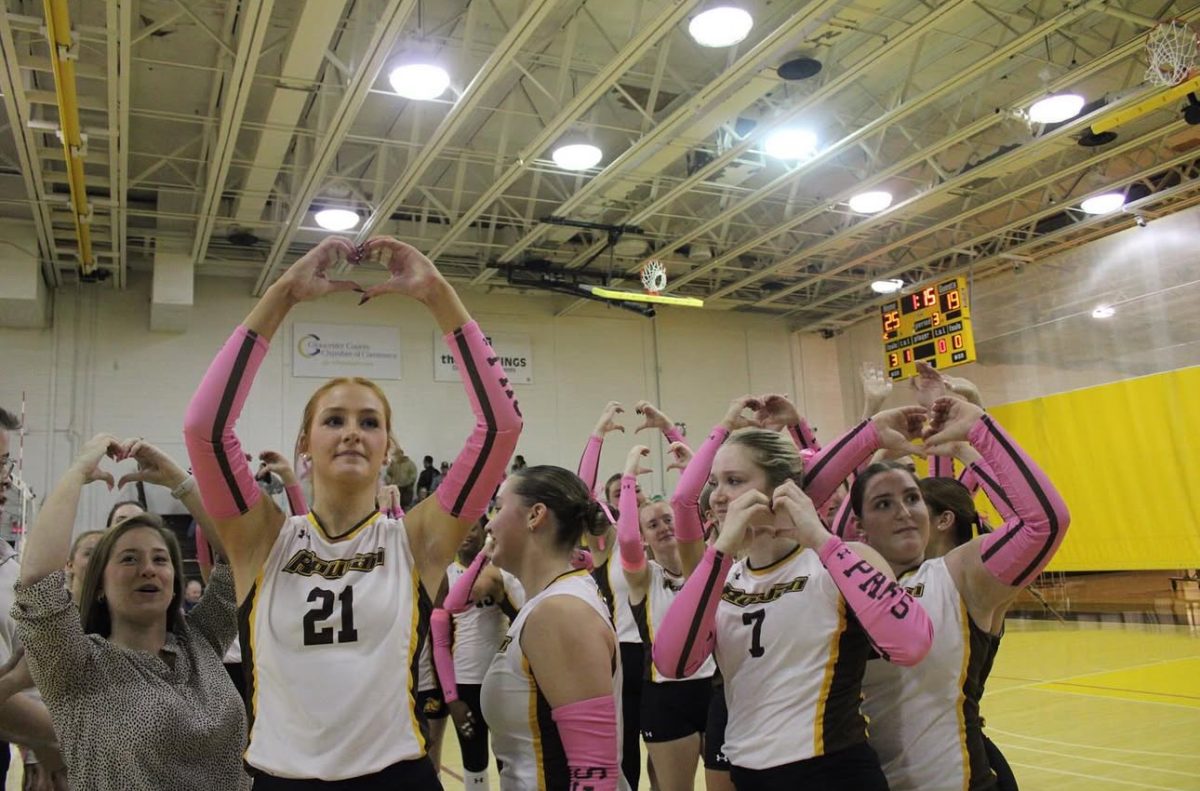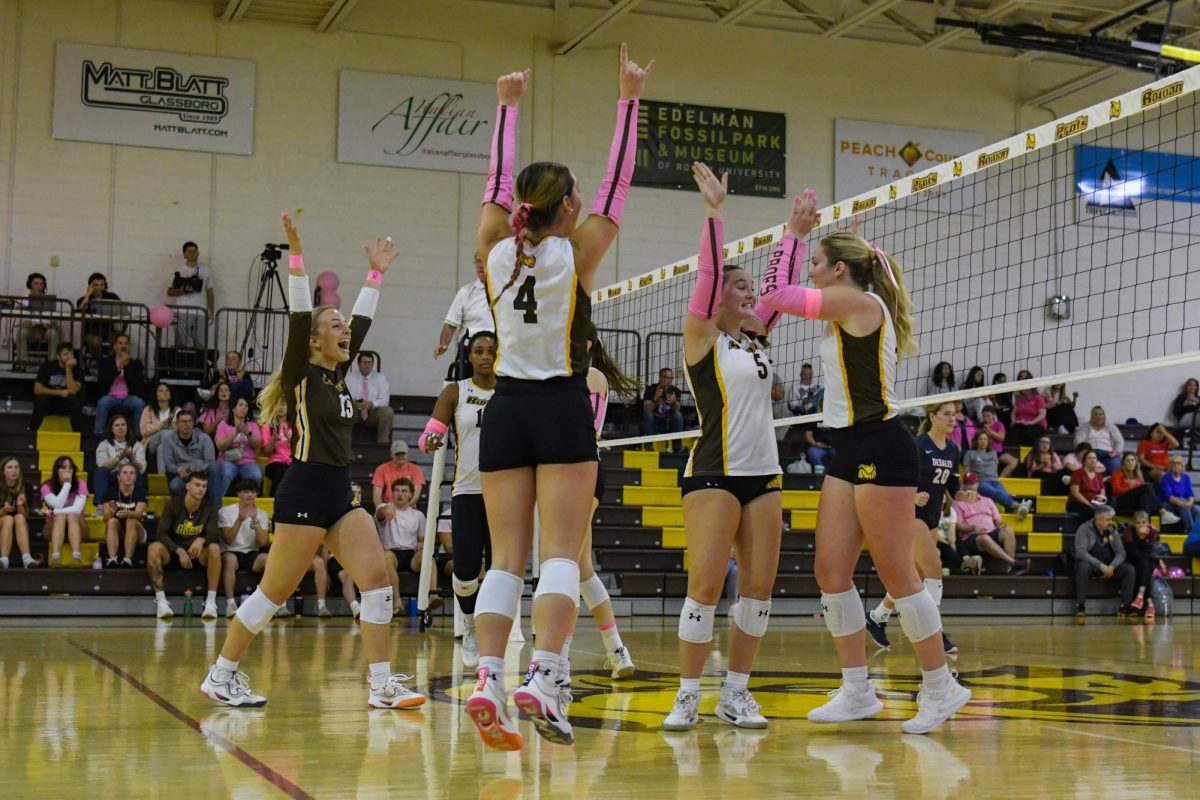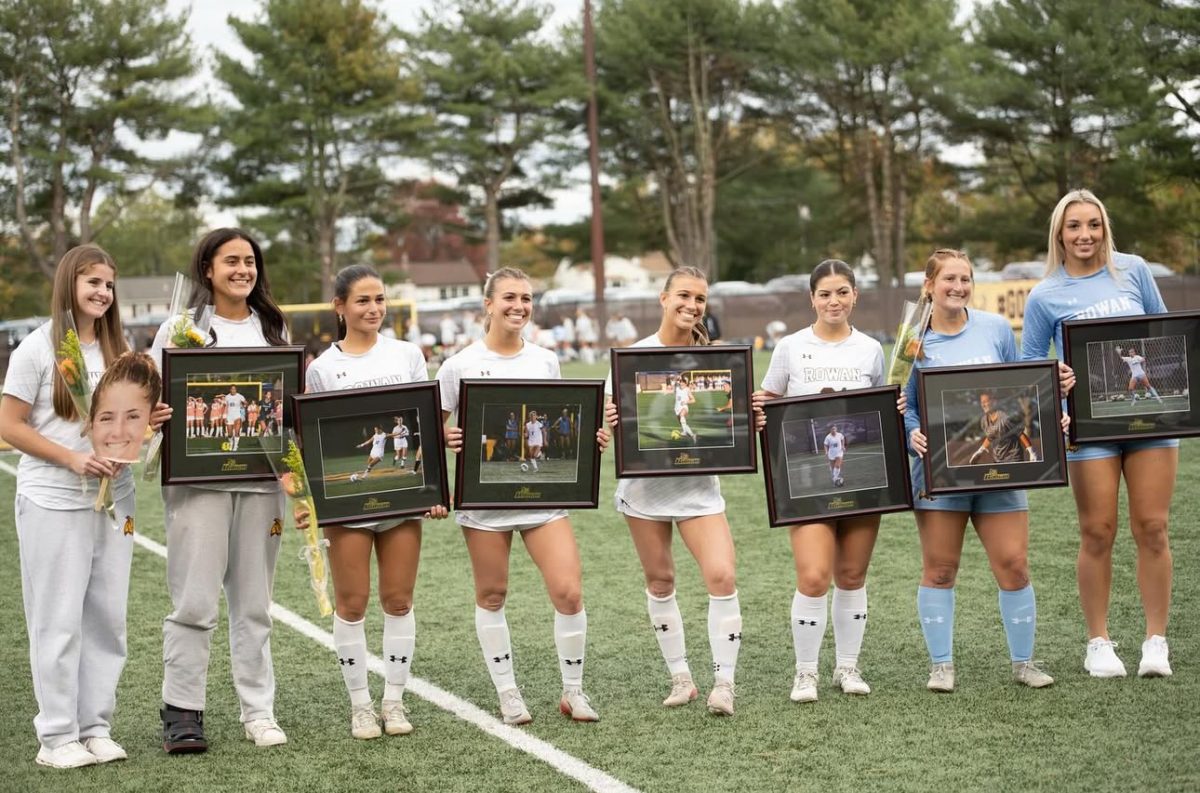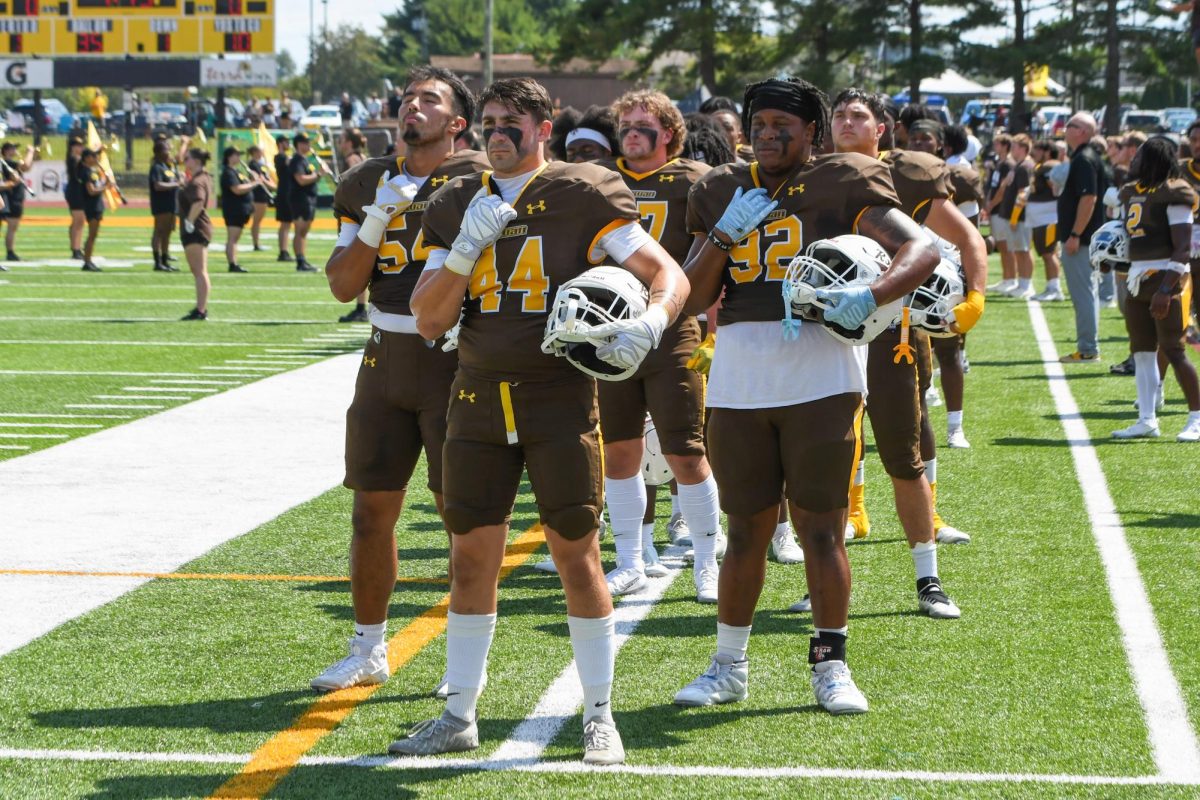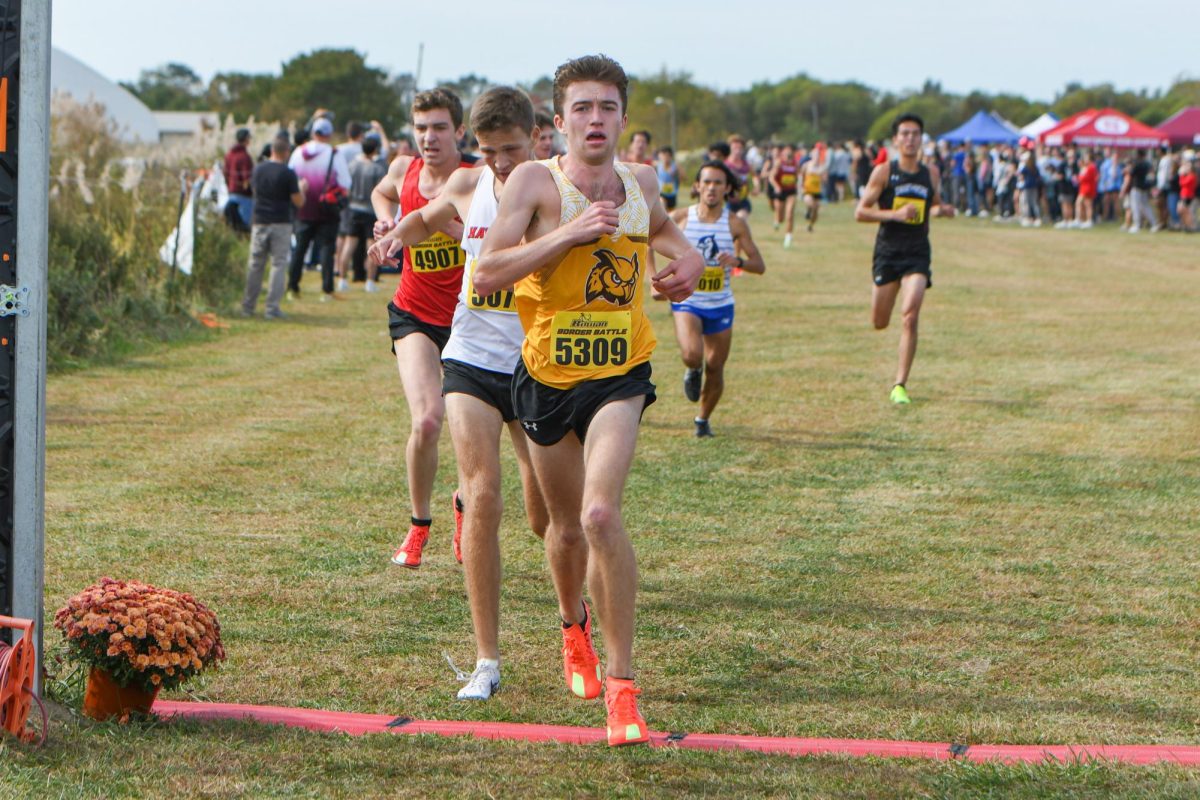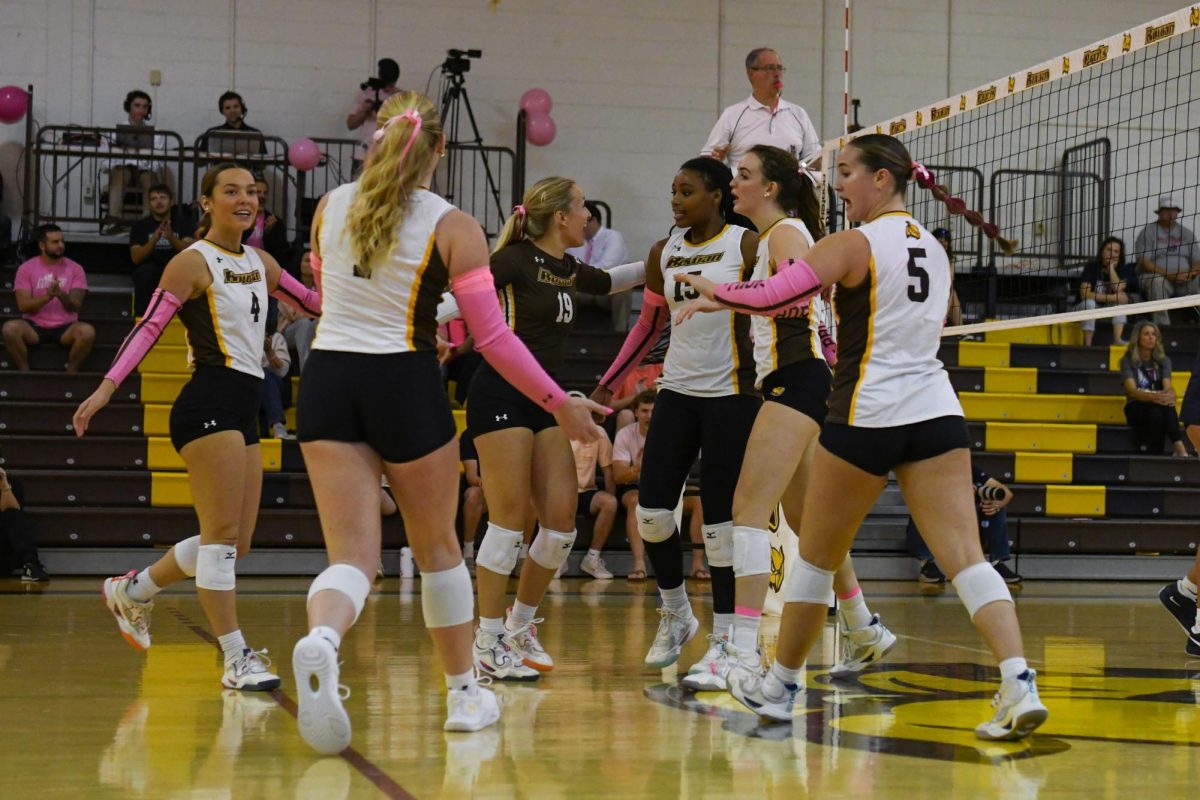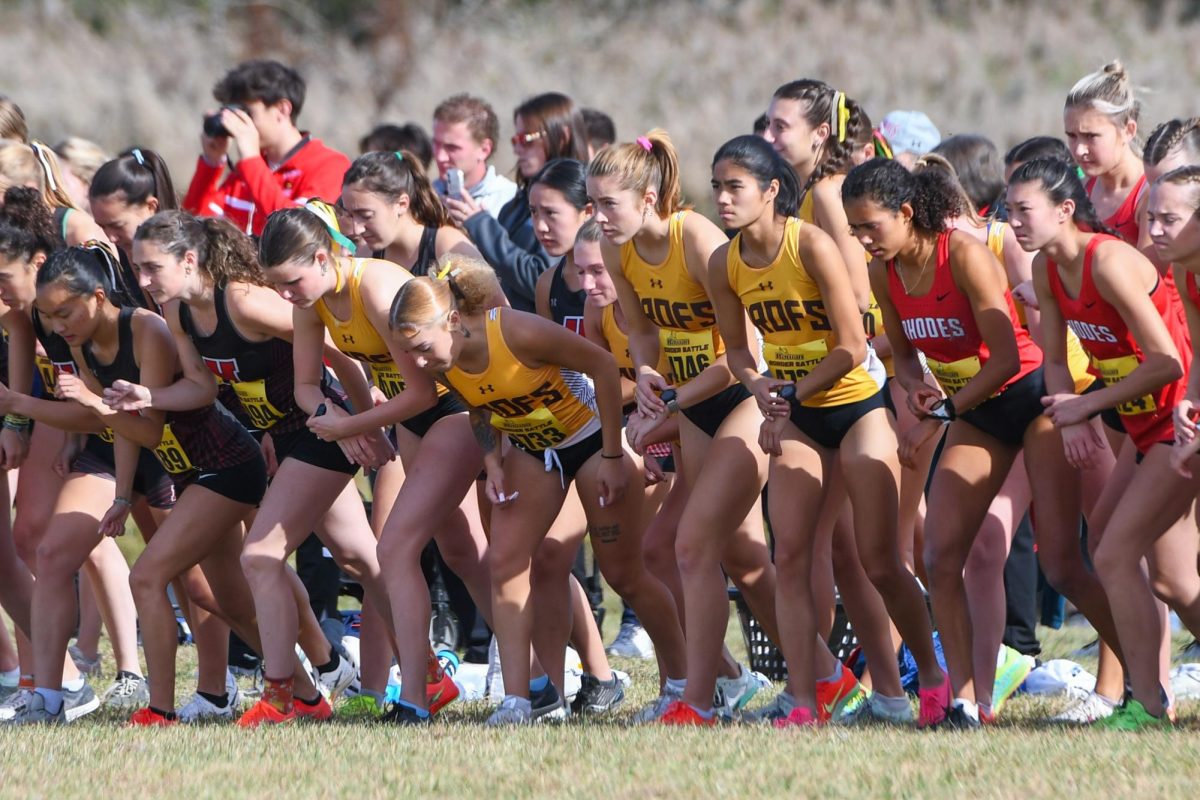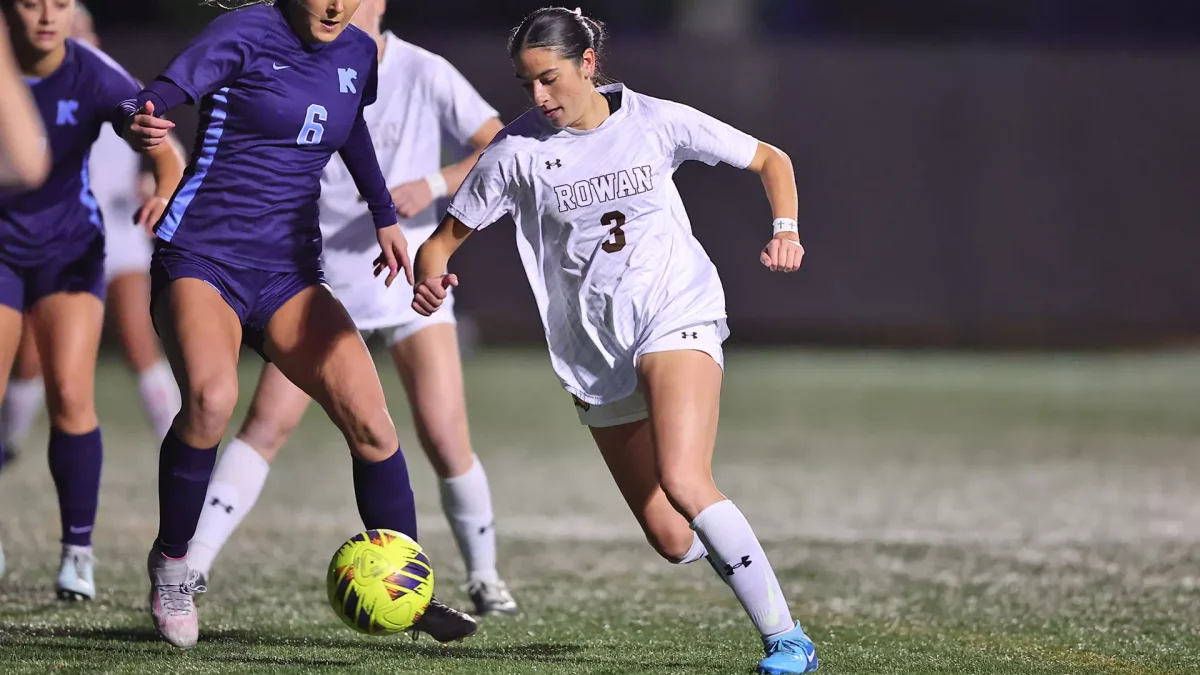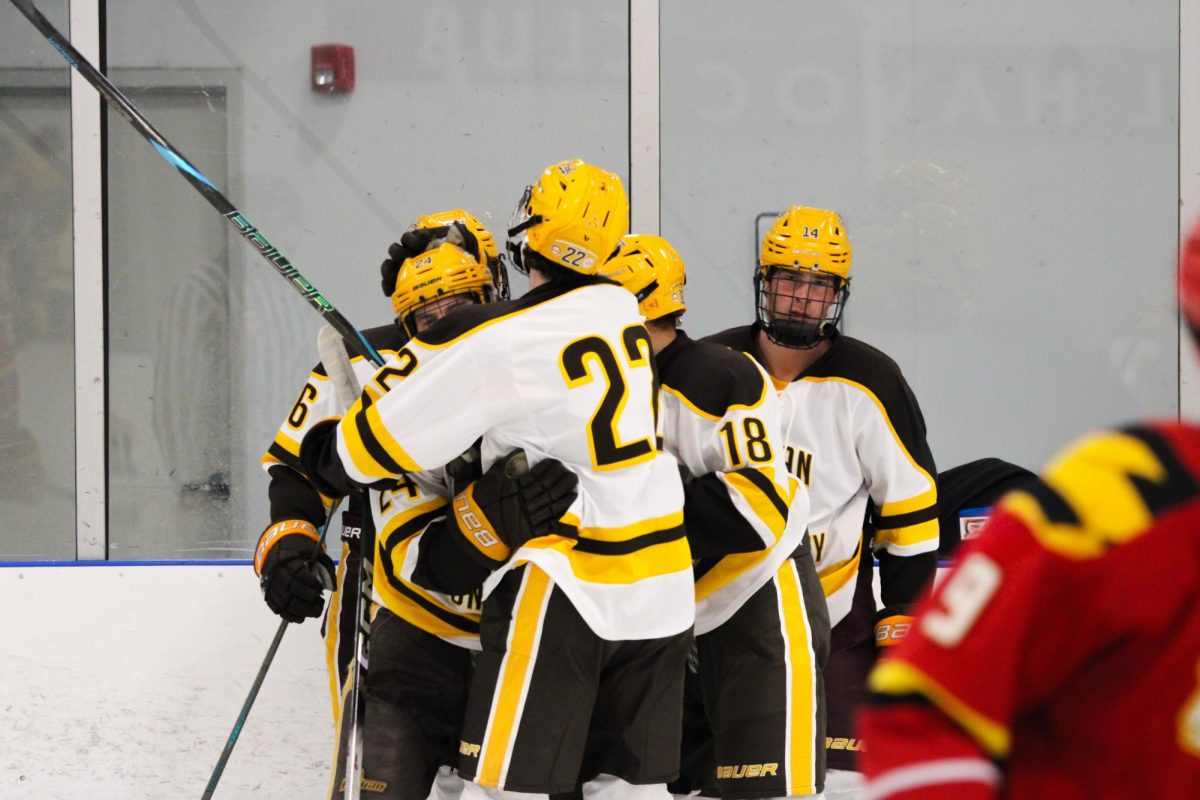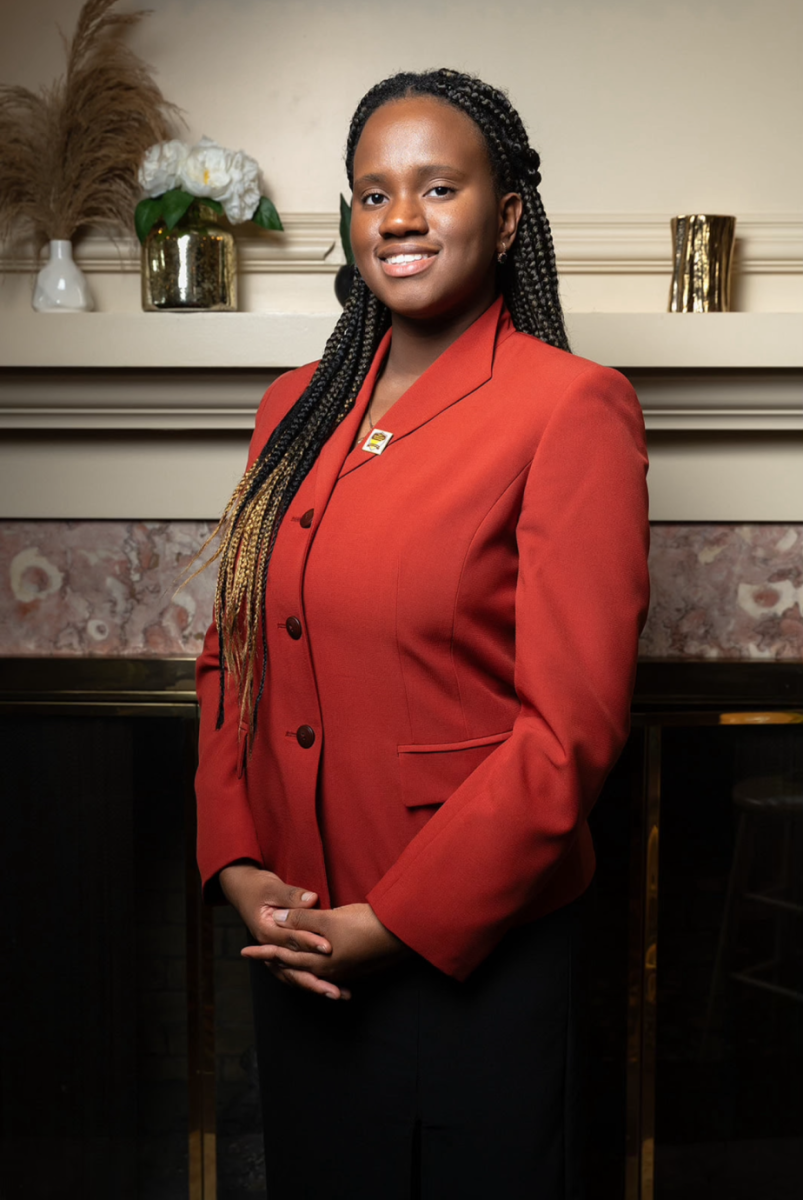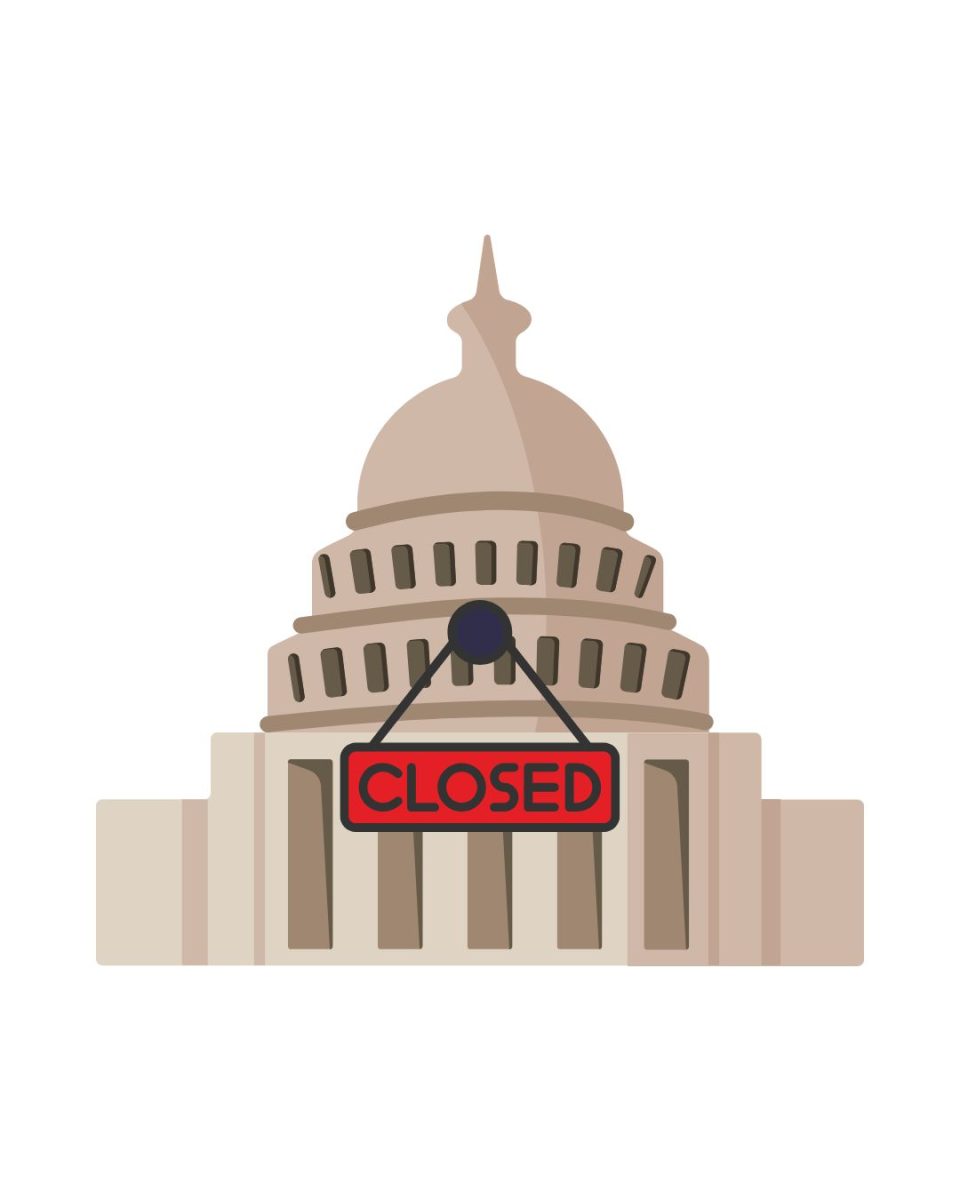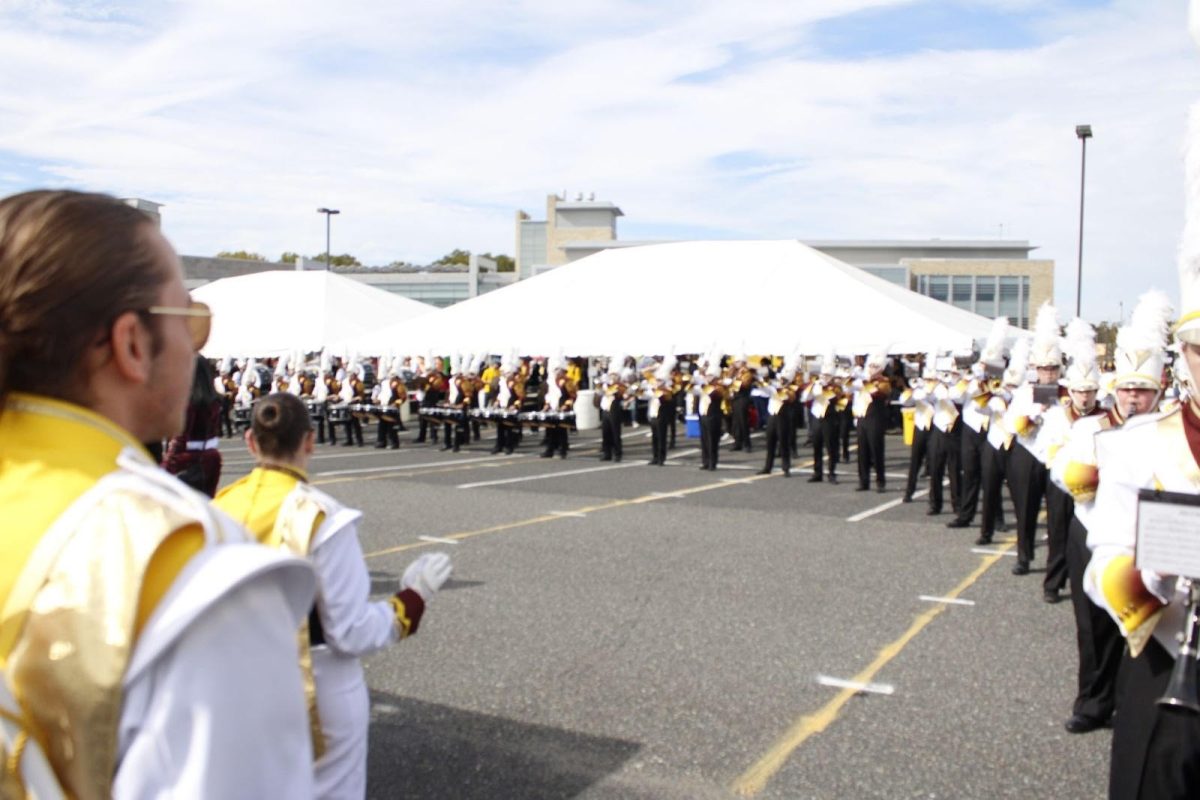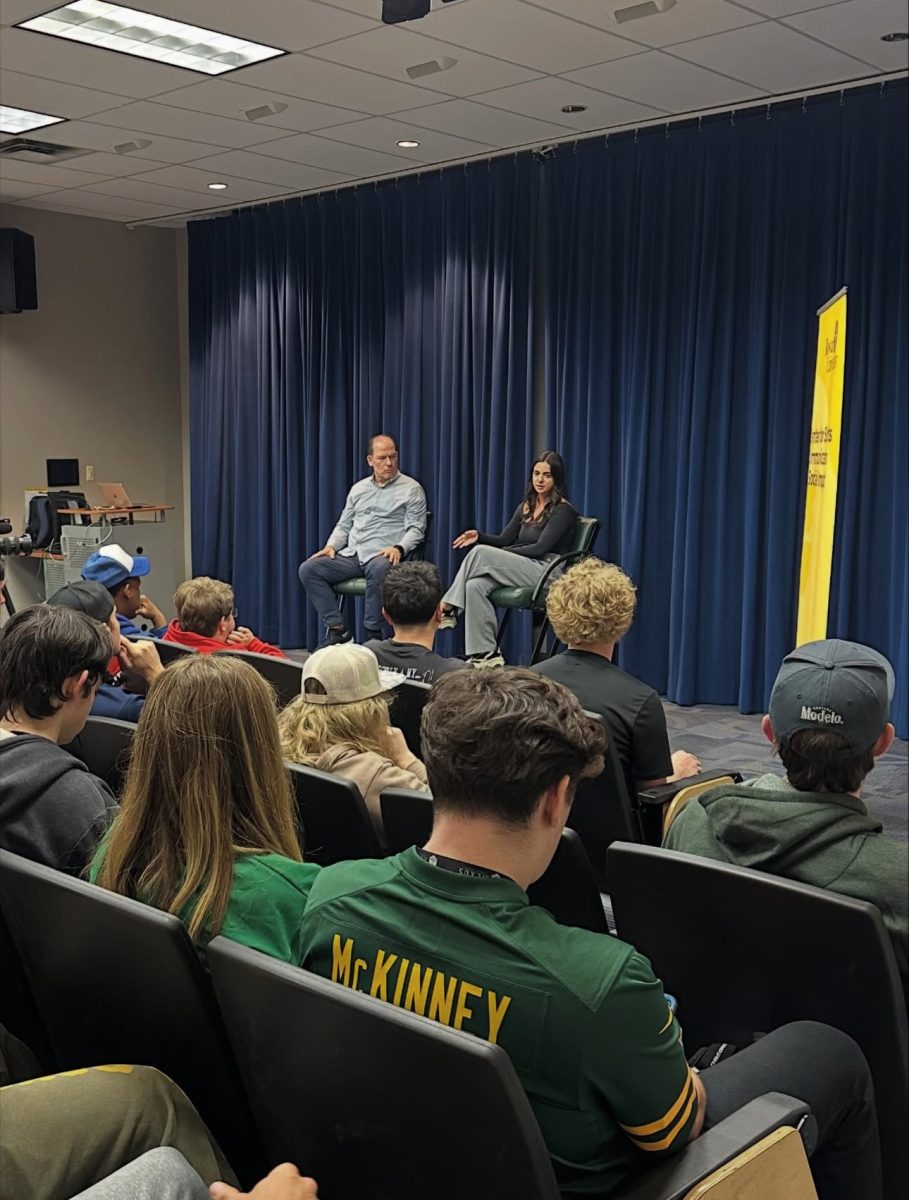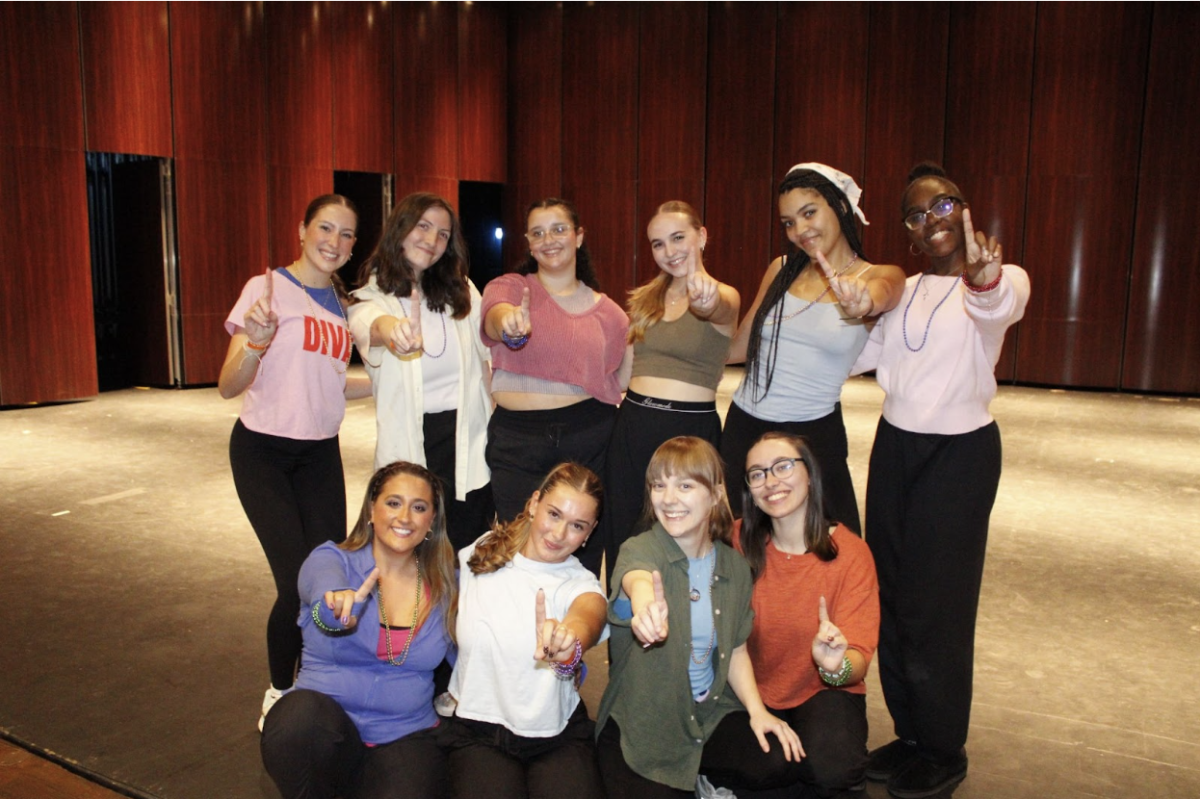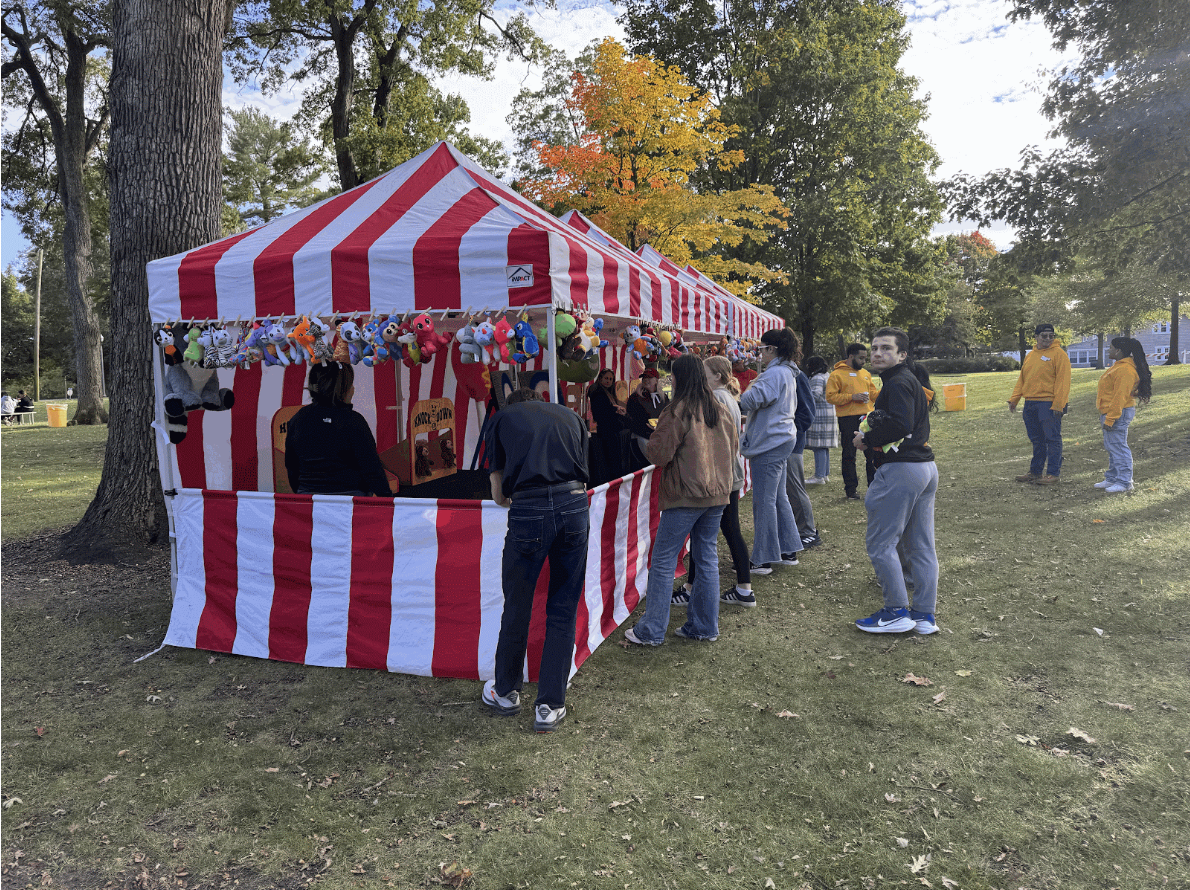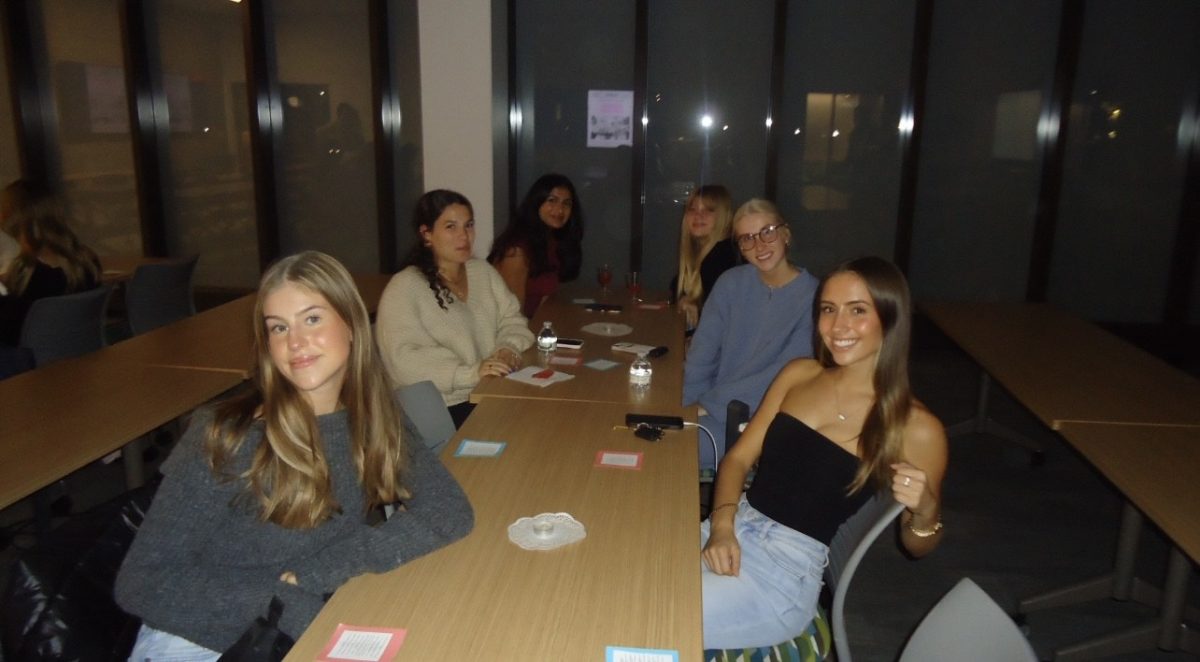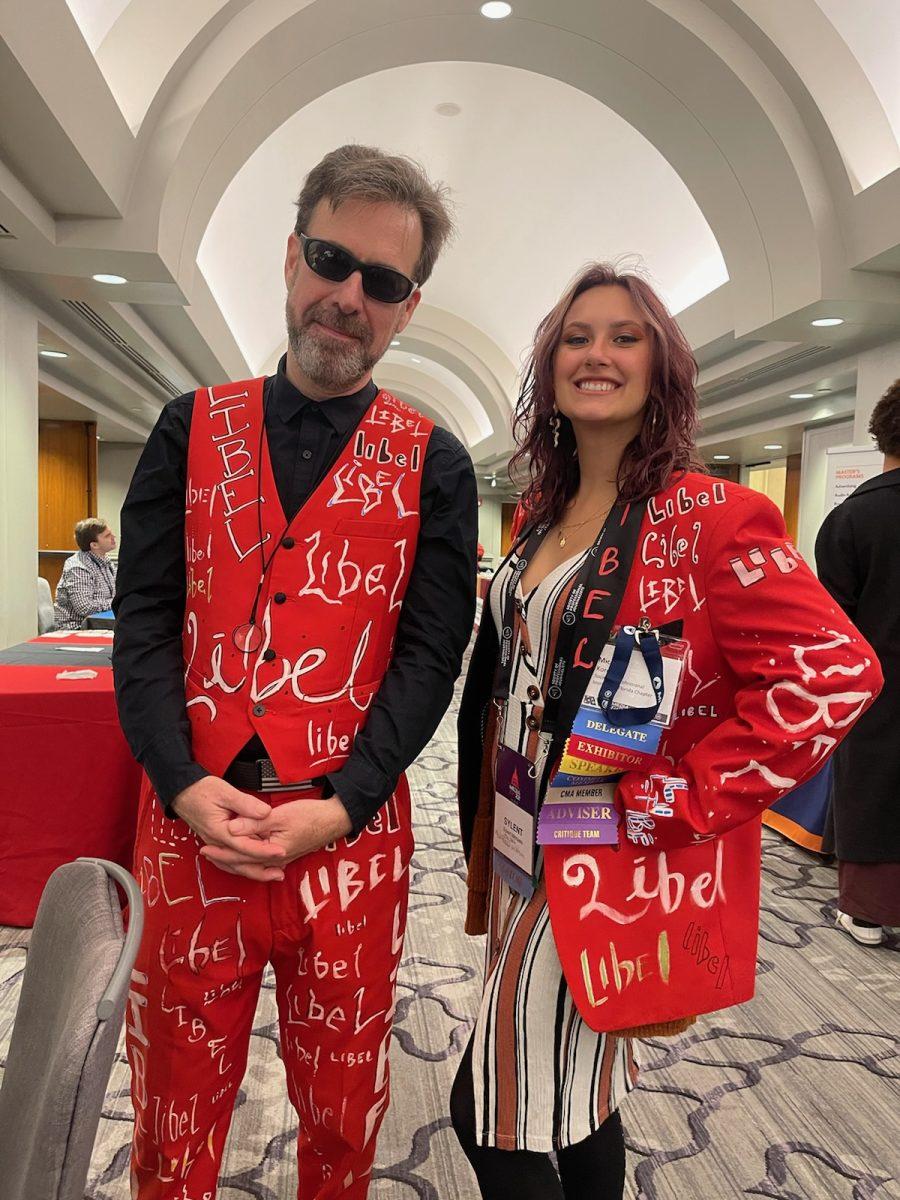“Journalism is dying.” Or so I have been told.
But that will only happen if we as people, readers and writers alike allow it to happen. It isn’t dying at all actually, but ever evolving as do humans, technology and life itself. The belief that it is a dying career stems from a lack of understanding about how it is changing.
Maybe I am biased because this is what I want to do with my life — it is what I have been studying for three years. But maybe that makes me credible to tackle an opinion like this. Maybe it isn’t unbiased for me to talk about this because I understand more than those who aren’t studying it what it means to write unbiased news, study the history of journalism, to stay truthful and to have the proper literacy to understand news.
Journalism has typically gotten a bad rap over the years from its ties to politics and propaganda, journalists discovering facts people wanted kept hidden and now false news. You see, journalism is tough because it is so misunderstood. For some it is just politics and a way to spread misinformation. For some it is articles and words published online alongside the billions of other jargon out there. And for the rest, it does not matter because they aren’t worried about the news in the world.
But to myself and many others, journalism is the way that history is recorded. It is how the unknown comes to light and how stories are shared. It is the celebration of incredible writers and reporters who have gone above and beyond to capture those stories, even going as far as risking or losing their lives to do it.
What was once people patiently waiting to receive their daily newspaper has evolved into news companies posting on social media to stay relevant. Nowadays, anyone can write a blog and call themselves a journalist and people can publish information online for anyone to read and believe.
It’s dangerous and people need better education on the importance of journalism in the world. From where I sit, I get to hear stories from journalists who uncovered pieces of life that went unknown, such as a story of a person’s life through a garbage bag of photos found on the street, or of journalists who helped put a stop to “quiet rooms,” or of how native people are treated in different places around the globe.
Growing up, I watched the news on TV with my grandparents and it always felt important. We should want to know what is happening in our world — but the impact that journalism has didn’t shine through to me until I learned of a journalist named Ernie Pyle.
This brave man worked alongside soldiers in World War II, documenting in great detail the conditions they were living through. Ultimately he shared memoirs of these men and their struggles and battles with the world. Pyle ended up dying while these men were at war, standing alongside them writing as they battled.
It took 20 years of my life to learn about this incredible man. I did not learn of him in school, but rather at a journalism convention. Learning his story as well as the stories of the soldiers boosted my belief on the importance of journalism. I felt this new passion and understanding for journalism, but I also realized that this was part of the problem.
We sit in grade school taking literacy classes for years, and learn so much history, and learn of so many battles. But what of those who are the reason we know this history? What about the people who go and risk their lives standing in Ukraine as bombs explode around them, just so other people know what is going on? What of Ernie Pyle and the stories he wrote? When and where is this being taught, and why is it not? Where are the news media literacy classes alongside the English literacy classes?
On the bright side, news media literacy courses have been approved for grades K-12 in New Jersey. But will this be enough?
These questions run through my mind as I sit here and ponder if I am wasting my career over something people don’t have adequate knowledge to understand. With a major in journalism, I study how to provide the truth and how to assure that it is the truth. I have learned how to distinguish misinformation from disinformation, and I have studied how to have quality news media literacy. But what good does that do?
I can learn all of this and put truthful, unbiased information out to the internet for the public to see. But they haven’t learned what I have learned and they don’t have the tools to decipher if what I write is true — and that’s the problem.
I work hard for what I want to do, and I have studied many journalists and their writings, only to get asked “So, what political party are you?” or “Why would you do that? There’s no money there” when I tell anyone I am studying to be a journalist. It is painful to see the lack of appreciation for the past journalists who have worked so hard to get us to where we are today.
If that is not enough, I want you to think back to how many Super Bowl shows you have watched. Do you know who Jerry Green is? He is the journalist who has covered every single Super Bowl up until this year in 2023 and has recently passed away at the age of 94. That man has done something no one else ever has but will go on unknown by many due to the lack of knowledge and appreciation for journalism.
With that, if you are a person who does not trust or believe in journalism today because of the way it is evolving or because you were never given the chance to understand its importance, I hope reading this will make you want to learn more.
For comments/questions about this story, email [email protected] or tweet @TheWhitOnline



